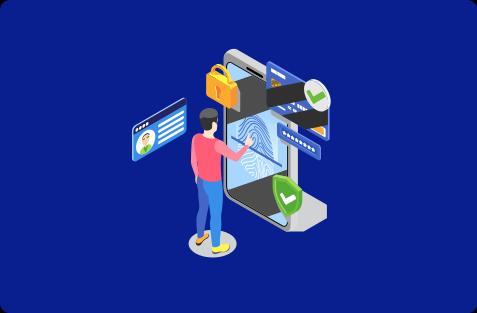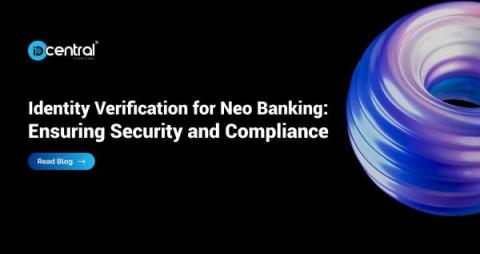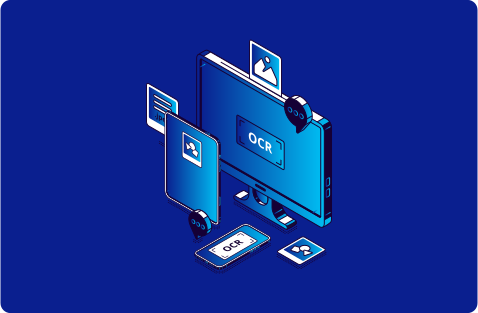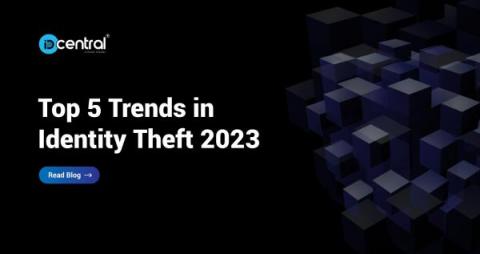Union Budget 2023: How simplified KYC helps with Digital Customer Onboarding
Finance Minister Nirmala Sitharaman advocated for the simplification of Know Your Customer (KYC) processes for financial services in a Budget speech that placed a broad emphasis on technology and tech-driven solutions. She also argued for increasing the utility of the DigiLocker platform for both individuals and businesses and giving Fintech Platforms more flexibility to access India’s digital infrastructure.











